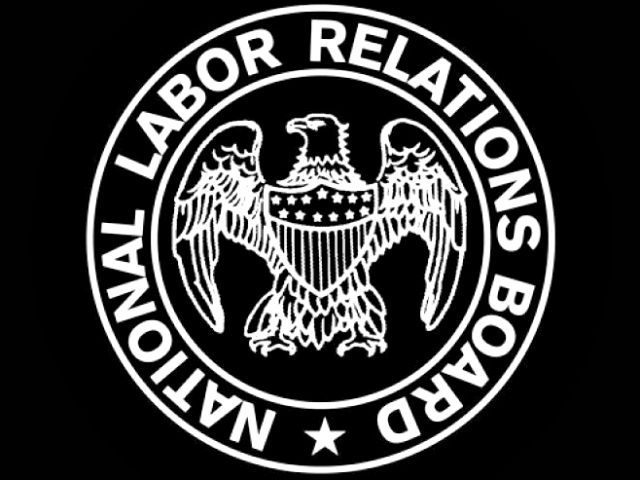Who is your employer? Most of us can answer that question fairly easily. But the National Labor Relations Board (NLRB) wants to confuse this question to advance Big Labor’s agenda.
Yesterday, the NLRB ruled in its Browning-Ferris decision that the definition of an employer should be broadened in order to keep up with the new innovations and changing workplace in the modern economy. It ruled the definition should include all entities that have a mere “right” to exercise “indirect” control over employment terms.
This ruling is a shot across the bow of the burgeoning sharing economy and successful franchise system (not to mention the longstanding subcontracting model) in this country. It is yet another burden on job creators, many of whom will be thrown into legal limbo, uncertainty, and unpredictability under this broadened definition — unsure about whether they have some perceived or manufactured indirect control over employment.
Some background: Under the National Labor Relations Act, an employer is defined as exercising direct control over wages, benefits, and working conditions. Subsequent NLRB rulings have ruled that an employer “meaningfully affects matters relating to the employment relationship such as hiring, firing, discipline, supervision, and direction.” In other words, your employer is your employer.
According to the dissenting opinion, this broadened definition will have a disrupting effect on business relationships including user-supplier, lessor-lessee, parent-subsidiary, contractor-subcontractor, franchisor-franchisee, predecessor-successor, creditor-debtor, and contractor-consumer.
This will increase liability, regulatory burdens, litigation, and other expenses among these business relationships, confusing employees, unions, and employers about who is an “employer.” In fact, the new broad and vague employer definition may be more likely to retard collective bargaining than advance it because an untold number of entities may be considered the employer for bargaining purposes.
The ruling is based on a flawed premise of needing to update labor law to keep up with new innovations in the economy. This is a fiction that ignores the many forms of subcontracting, outsourcing, and temporary employment that have been in place for at least 200 years and have not been addressed by either a Democrat- or Republican-controlled Congresses since the last legislative update. That’s because despite new innovations in the economy, the underlying principles of the employment relationship have not changed. They have worked for both sides of the political spectrum.
In this sense, the NLRB decision is government overreach at its worst. The NLRB is confusing its authority to define who an employer is with the authority to modify the employer standard itself. The authority to redefine the nation’s economic policy like this is one that rests with Congress, not three unaccountable bureaucrats with a history of union sympathy.
The ruling will have a disruptive effect on the sharing and consulting economy, which make wide use of contracting relationships, meaning that millions of people will no longer be able to be their own boss. But perhaps its biggest ramification will come to the franchise system, which has allowed 825,000 franchise businesses to generate more than 2.1 trillion economic output to the U.S. economy and produce more than 18 million direct and indirect jobs.
Faced with new liability about the millions of daily decisions their franchisees make, franchisors will be forced to centralize control and decision making in an effort to avoid lawsuits under the new definition of employer. This will disproportionately hurt minorities, who own about one in five franchisees and often locate in minority neighborhoods and hire minority employees.
Leave it to unelected bureaucrats to complicate and muddy a basic definition with centuries of precedent under common law. Evidently they have forgotten who their employer is.
Alfredo Ortiz is CEO and President of Job Creators Network

COMMENTS
Please let us know if you're having issues with commenting.